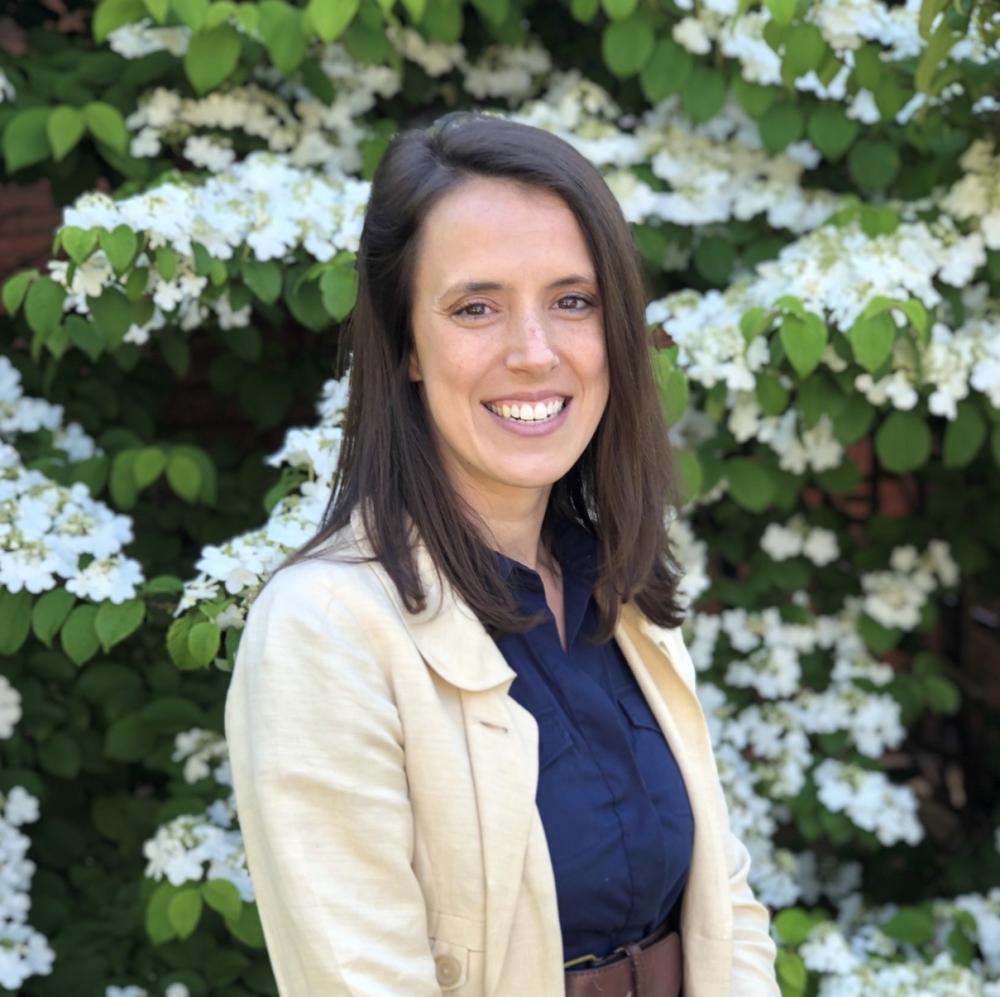
The European Parliament approved a new law last week to ban the import of commodities tied to deforestation, a leading cause of climate change that accounts for about 10 percent of global greenhouse gas emissions.
Every day, an area of forestland the size of New York City is lost to deforestation — largely linked to the expansion of land used for agriculture. Countries such as Brazil, Malaysia, Indonesia, Nigeria, Ethiopia, Mexico and Guatemala have lost an enormous amount of tree cover over recent years.
EU consumer demand alone is responsible for 10 percent of deforestation worldwide, according to the European Commission. The new law requires companies to undergo a due diligence process and provide traceable information that proves their products were not grown on areas deforested or degraded after 2020. The import ban largely affects palm oil, rubber, coffee, wood, beef and soy.
Companies must provide EU regulators with proof of their due diligence claims, such as geolocation coordinates of their operations, as well as statements from the company that the rights of Indigenous peoples living in the area are respected. The EU will use satellite technology and DNA sampling to verify geolocation coordinates.
What does the law mean for business?
Once individual EU countries formally approve the new rule, large companies will have 18 months to comply and small companies will have two years. Companies that do not comply with the new law will face fines of up to 4 percent of the company’s total turnover in the EU.
This move has alarmed growers and policymakers in countries most likely to be affected. Malaysia has threatened to stop exporting palm oil to the EU, as smallholder farms in Malaysia say they are unable to comply with the geolocation requirements. Brazilian agribusiness giant ABAG has also condemned the new law.
However, other countries have worked to stay ahead of the legislation. Ivory Coast is the world’s largest cocoa producer, and its Minister of Agriculture has already set up a registration and geolocation system for cocoa farmers across the country. Producers have been issued identity cards with the geolocation coordinates of their farms, and unregistered farms are not permitted to sell or market their cocoa. The Ivorian agriculture ministry is monitoring the average output of cocoa farms for any sudden growth that would indicate land expansion, and it has threatened prosecution for producers that engage in deforestation.
Similar deforestation laws soon to come in the U.S.?
The United States Congress is considering a similar bill. The Forest Act was introduced in the Senate in 2021 but has not been put to a vote. However, the passage of the EU law has given the U.S. bill new urgency.
Sen. Brian Schatz of Hawaii, who sponsored the bill, plans to reintroduce it this spring. “The EU is shutting its borders to products of deforestation, and the United States needs to follow suit," Schatz told the Guardian. "If we do nothing, the U.S. market will become a dumping ground for commodities that can no longer make their way into Europe.”
Meanwhile, activist organizations such as Greenpeace say the EU law doesn't go far enough, objecting to loopholes that exclude protections for crucial grassland and wetlands ecosystems and fail to prosecute European banks that finance deforestation projects.
Christophe Hansen, MEP from Luxembourg and lead EU negotiator for the legislation, told Euractiv the new law is “not perfect,” but a necessary start. The law requires reviews after one, two and five years to assess its scope — including whether it should integrate other land ecosystems, encompass a wider selection of commodities and products, and further regulate European banks, he said.
Hansen also called on the European Commission to set up a system that provides technical and financial assistance to smallholder farmers that cannot meet the requirements. “Otherwise what would they do? Well, probably deliver to somebody that is not having the same expectations,” he told Euractiv.
Image credit: Oleksandr Pidvalnyi/Pexels

Mary Riddle is the director of sustainability consulting services for Obata. As a former farmer and farm educator, she is passionate about regenerative agriculture and sustainable food systems. She is currently based in Florence, Italy.














